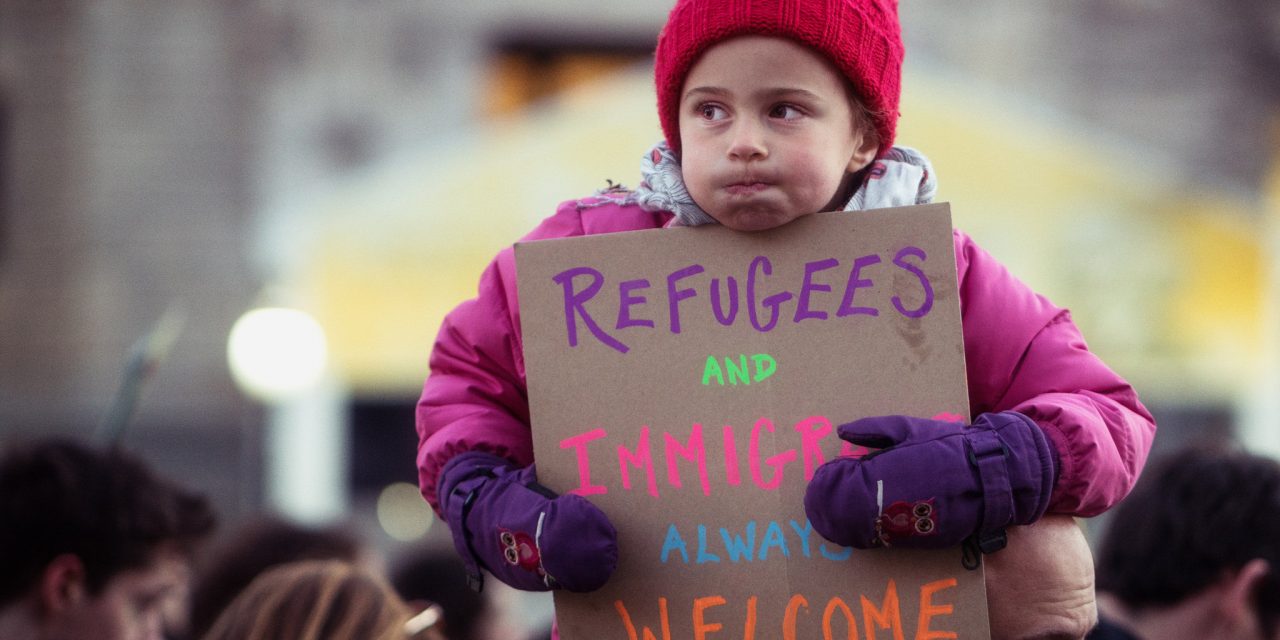Mr. Trump’s executive order to bar entry into the U.S. by citizens of seven Muslim-majority countries for 90 days and suspend entry of all refugees for 120 days immediately disrupted the lives of numerous people. It also created chaos in airports, prompted protests and offers of legal and other assistance by US citizens, brought criticisms from both Republican and Democratic leaders and aggrieved several US allies. The action signals to the world that the new U.S. administration is unwilling to shoulder its responsibilities for addressing the refugee crisis, is irrationally fearful, and is seemingly not guided by a moral compass. The benefits? Trivially small, if there are any at all. It’s plausible that the action will harm rather than improve U.S. security.
That raises a question: what should we be doing to increase our security? While concerns about terrorism are legitimate and counter-terrorism efforts are appropriate, we should put the risk in perspective. The death toll of Americans from acts of terrorism was 2,990 in 2001 and has ranged between 18 and 74 per year since that year (CNN). While any deaths from terrorism are unacceptable, and the danger of a future mass-casualty event is real, we should not lose sight of other risks to our security. Highlighted below are some risks that warrant attention and resources from federal, state and local government.
Health risks: In 2014, 614,348 people died in the U.S. from heart disease; 591,699 died from cancer; and 147,101 died from chronic lower respiratory diseases (Centers of Disease Control). A variety of behaviors can reduce or amplify personal risks from heart disease, cancer, respiratory disease and other maladies, including activity levels, diet and smoking. Investments in public health programs can bring down these risks, as can investments to make our cities and communities more walkable and bikable. Assuring that everyone who has health insurance under the Affordable Care Act continues to be insured, and expanding coverage to the roughly 20 million Americans who still lack health insurance, would do a tremendous amount to help secure the Homeland.
Air pollution: An estimated 210,000 people die prematurely in the U.S. each year due to breathing dirty air (Caizzo et al). Roughly 58,000 of the deaths are attributable to pollution from road transportation, 54,000 to pollution from electric power generation and 43,000 to pollution from industrial emissions. The health of many others’ is aggravated by the effects of exposure to air pollution on asthma, other respiratory diseases and cardiovascular disease. Cutting regulations by 75 percent, as Trump has promised, would move us in exactly the opposite direction from where we need to be going if applied to environmental rules that control air pollution. In contrast, implementing the Clean Power Plan would avoid an estimated 2,700 to 6,600 premature deaths and 140,000 to 150,000 asthma attacks in children each year (USEPA). That would be a good start, but even more needs to be done to reduce the number of Americans who die and are made sick each year from exposure to polluted air.
Car crashes: 35,092 people died in car crashes in the U.S. in 2015, up from 32,744 in 2014 (NHTSA). The percentage increase from 2014 to 2015 was the largest in 50 years and ended a multi-year trend of declining car crash fatalities. Death rates per capita and per vehicle mile traveled are significantly higher in the U.S. than in other developed countries. If we reduced our death rate to the average of other countries through programs that, for example, increase seat belt use, reduce alcohol-impaired driving and and reduce speeding, we could save an estimated 18,000 lives per year (CDC). Thinking longer term, investments in public transit, increasing the densities of urban development and making communities more walkable and bikable can drive car accident deaths even lower.
Gun violence: 33,736 Americans lost their lives in gun violence in 2014, including homicides, suicides and accidental shootings (CDC). The overwhelming majority of the 10,945 homicides were committed by U.S. born citizens – we have more to fear from those born in the U.S. than from immigrants to our country. This extreme carnage can be reduced through sensible measures that keep firearms out of the hands of those who have demonstrated themselves to be unfit for this right, provide for waiting periods and limit certain classes of weapons, magazines and ammunition. We also need to look to root causes and make investments in our urban areas to provide a quality public education, child care support, drug addiction treatment and resources for community development that provides jobs with family supporting wages.
Climate change: We can’t be secure within our borders if the planet is unsafe. Action to cut greenhouse gas emissions, make our communities climate resilient and support vulnerable developing countries to do the same are critical to the security of our homeland. It’s important to note that some of the same strategies can be employed to yield climate, health, community development and other benefits.
Mr. Trump and Congress should know that Americans are not afraid to welcome refugees into our communities and we do not want to shirk our responsibilities. With careful vetting we can safely resettle refugees among us and assist them in making a home and new life in the U.S. If we are to be serious about improving our security, we should focus our efforts and resources not on poorly conceived entry and immigration bans, but on providing expanded access to quality health care, promoting healthy behaviors, reducing air pollution, designing smarter communities, making transportation safer, reducing gun violence and combatting climate change.
[First published on Huffington Post, 1/30/2017].

